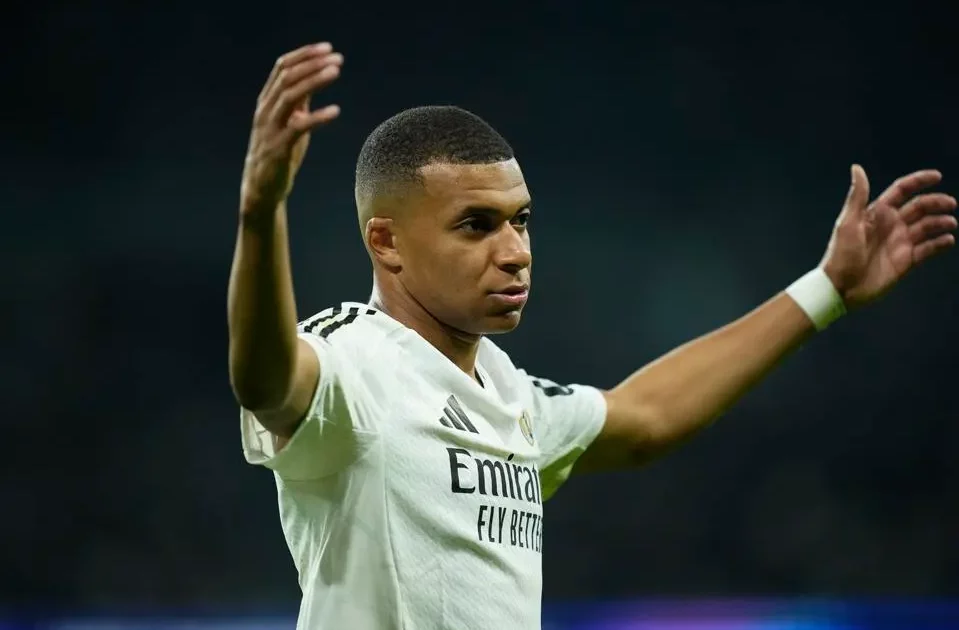The Kylian Mbappé Saga: A Deep Dive into Accusations, Legal Battles, and Contract Disputes
Kylian Mbappé, the French football sensation, finds himself embroiled in a multifaceted legal battle with his former club, Paris Saint-Germain (PSG). The conflict revolves around unpaid wages and bonuses, alleged moral harassment, and the club’s controversial practice of sidelining players who refuse contract extensions. This complex saga has sparked a broader debate about player rights and the power dynamics within professional football.
At the heart of the dispute lies Mbappé’s claim that PSG owes him €55 million in unpaid wages and bonuses. This substantial sum represents a significant portion of his earnings during his tenure with the club. While the specifics of the unpaid amounts remain unclear, the dispute underscores the often-contentious financial aspects of professional football contracts. The case highlights the complexities of player compensation, including bonuses, image rights, and other performance-related incentives.
Adding another layer to the conflict, Mbappé has accused PSG of moral harassment, a claim that now forms part of an official investigation by the Paris prosecutor’s office. The alleged harassment stems from PSG’s decision to relegate Mbappé to training with unwanted players at the beginning of the 2023-24 season. This practice, often referred to as a "loft," is designed to pressure players into accepting transfers or contract renewals. Mbappé argues that this treatment was a deliberate attempt to force him into a new contract, a tactic he refused to succumb to.
The "loft" tactic employed by PSG against Mbappé reflects a wider issue within professional football. The French players’ union has officially complained about this practice, arguing that it unfairly penalizes players who exercise their contractual rights. By isolating and excluding players from the main squad, clubs exert significant pressure, often impacting their careers and mental well-being. This practice raises ethical questions about the balance of power between clubs and players.
Mbappé’s experience in the summer of 2023 illustrates the specific consequences of being "lofted." He was excluded from PSG’s pre-season tour of Asia and missed the first game of the season. This exclusion not only affected his playing time and match fitness but also sent a clear message about his standing within the club. Although he was later reinstated into the team after discussions with PSG, the episode left a lasting impact and undoubtedly contributed to his decision to eventually depart the club.
While Mbappé’s case is particularly high-profile due to his status as a global football star, it shines a light on the experiences of other players who have faced similar treatment. The French players’ union’s involvement underscores the systemic nature of this issue and the need for greater protection of player rights. The case raises questions about the role of governing bodies like FIFA and UEFA in regulating such practices and ensuring a fair and equitable environment for players.
The Mbappé-PSG saga also highlights the often-strained relationship between players and clubs in the modern football landscape. The pursuit of individual career goals and financial stability can clash with the club’s objectives and financial constraints. The increasing influence of player agents and the complexities of transfer negotiations further complicate these relationships, often leading to public disputes and legal battles. Mbappé’s eventual move to Real Madrid, after seven successful seasons with PSG, marked the culmination of these underlying tensions and his desire for a new challenge.
In conclusion, the ongoing legal battle between Kylian Mbappé and PSG is more than just a contract dispute. It represents a broader struggle over player rights, the ethics of club practices, and the evolving dynamics of the football industry. The outcome of this case could have significant implications for how player contracts are negotiated and enforced in the future and potentially lead to greater protection for players against coercive tactics. Furthermore, it sheds light on the often-unseen pressures and complexities that athletes face at the highest level of professional sport.


